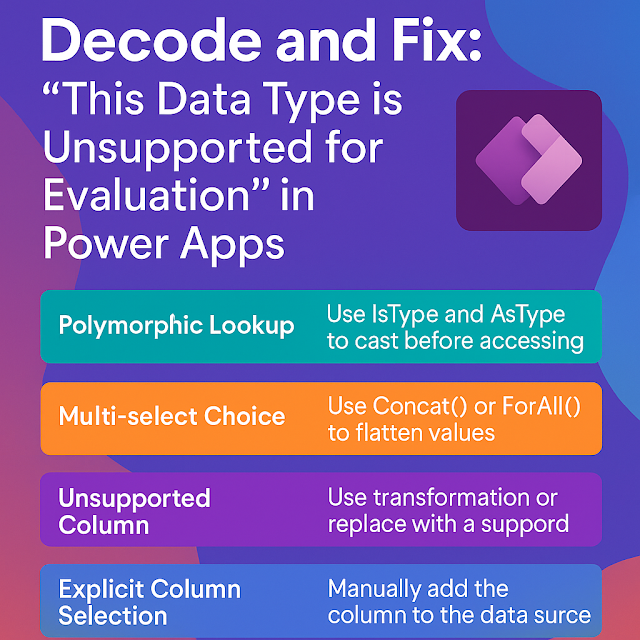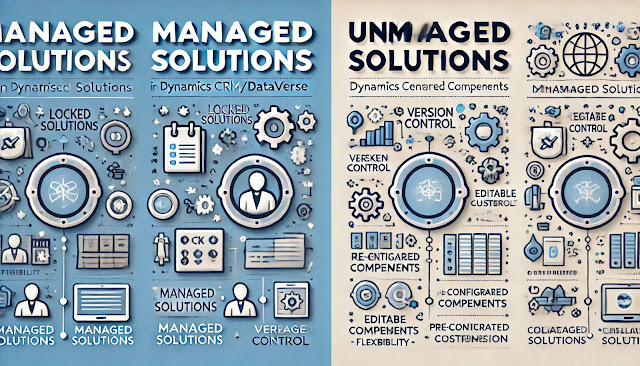PL 400 : process long-running operations by using Azure Functions (Process workloads)
Serverless is beautiful concept in cloud computing where developer focus on business logic instead of taking care of infrastructure as well as it is cost effective as it bills on pay as per performance. The most interesting fact is that Serverless aka Azure Functions supports many programming languages. In the article, we are going to explain about long running operations using Azure Functions. If you would like to know more about Azure Functions, please click here.
Azure functions execute event-driven serverless code with an end-to-end development experience : Microsoft
Azure Functions have a shorter execution time period and the default time out is 5 minutes, but Azure functions with HTTP triggers have to respond in less than four minutes, but this can be increased to ten minutes as well. Serverless function is stateless, so developers need to maintain state. Because of these limitations, Azure Functions is not suitable for long running process operations.
Azure functions provides "Compute on demand".
As discussed above, it seems that Azure Functions is not suitable for long running process operations, but this is not true. Microsoft Azure provides an extension of azure functions that allows long running process operations to be performed in a serverless environment with stateful functions called durable functions.
Durable functions is an extension of Azure Functions.
Using this approach, we can get all the benefits of a serverless hosting model with monitoring, synchronization, and runtime features. Durable functions allow us to define stateful workflows using orchestration functions. An orchestral function provides the additional below benefits :
- we can define the workflow in the code.
- Function can be called both synchronously and asynchronously .
- Azure checkpoints the progress of a function automatically when function waits.
Durable functions can retain state between function calls.
The most basic Durable functions contains three function types:
- Orchestration Functions
- Activity Functions
- Entity Functions
- Client Functions
Orchestrator functions:
It describes a workflow that orchestrate other functions and action executions which also define the running order. we write the orchestration logic in code (C# or JavaScript).
Activity Functions:
Activity functions are the basic units of work in a durable function orchestration. An activity function contains the actual work performed by the tasks being orchestrated.
Entity Functions:
Entity functions define operation for reading and updating small pieces of state.
Client Function:
Client functions are the entry point for creating an instance of a Durable Functions orchestration. They can run in response to an event from many sources.












Professional Nintex Development Services | Nintex Service Provider in India, USA
ReplyDeleteVery interesting post...!
Well, we are here to share our nintex development services
nintex consulting services